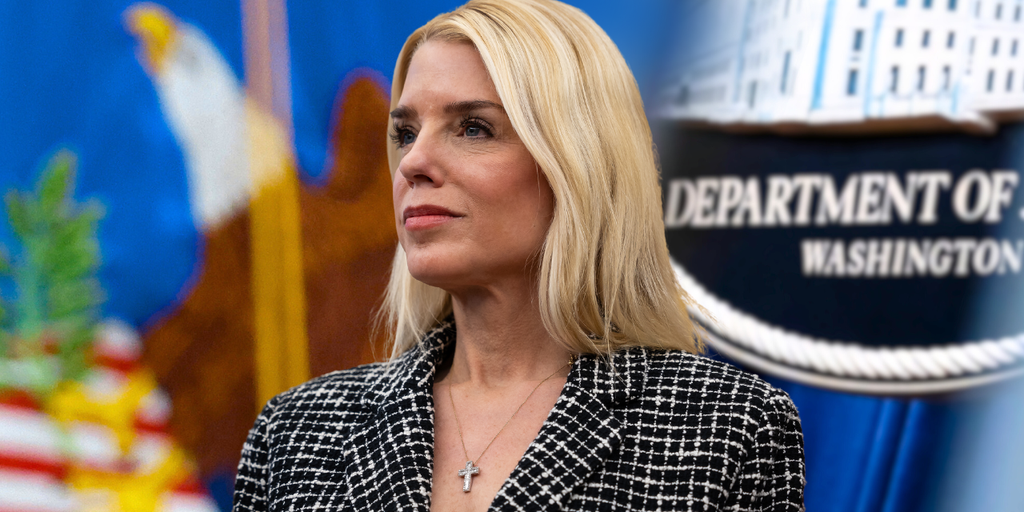
DOJ Cuts Ties with ABA Amid Allegations of Political Bias
In a bold and controversial move, Attorney General Pam Bondi has officially informed the American Bar Association (ABA) that the Department of Justice will no longer recognize or participate in its longstanding judicial nominee rating system. The DOJ’s announcement is making waves across the legal and political landscape, as it challenges a deeply entrenched tradition that has played a key role in shaping the federal judiciary for decades.
Speaking candidly, Bondi stated that the ABA has strayed far from being an impartial evaluator and now functions more like an activist organization with a consistent bias favoring Democratic judicial nominees. The implication is clear: the Justice Department no longer trusts the ABA to fairly vet judicial candidates, and thus, they are severing ties.
To put this into context, this isn’t the first time such a break has occurred. Republican administrations have long criticized the ABA’s influence. George W. Bush distanced his administration from the ABA in 2001, and Donald Trump did so in his first term as well. But this latest move under Bondi’s leadership has a different tone — more direct, more final.
Also Read:- What the Stars Reveal Today – May 30, 2025
- Netflix Down Across the U.S.—Thousands Report Outages Amid Streaming Chaos
According to Bondi’s letter to ABA President William R. Bay, the DOJ will no longer give the ABA early access to nominees, nor will nominees fill out ABA questionnaires or sit for interviews. The Office of Legal Policy will also no longer require nominees to waive privacy protections to allow ABA access to non-public bar records. In essence, the DOJ is putting the ABA on the same level as any other advocacy group — allowed to comment, sure, but no longer given special privileges.
This decision comes in the wake of sustained criticism from Republican senators and legal conservatives who argue that the ABA's ratings are less about professional merit and more about political ideology. They've pointed to several Trump-era nominees who were rated poorly — often "not qualified" — by the ABA, only to be later confirmed by the Senate despite those assessments.
Pam Bondi and others see this as a matter of principle and fairness. If one organization is consistently leaning in one direction, they argue, it should not be the gatekeeper to the federal bench. The ABA, on the other hand, maintains it is a nonpartisan, professional organization with a long history of evaluating candidates based on competence and ethics, not politics.
Whether this move will strengthen or undermine trust in the judicial nomination process remains to be seen. But one thing is certain — this is not just a bureaucratic change; it’s a statement. It says the DOJ under Pam Bondi and the Trump administration is done playing by the old rules. It’s a shot across the bow to institutions that, in their view, have allowed political leanings to overshadow impartiality.
And in today’s polarized climate, where every institution is scrutinized for hidden bias, this story is far from over.
Read More:



0 Comments